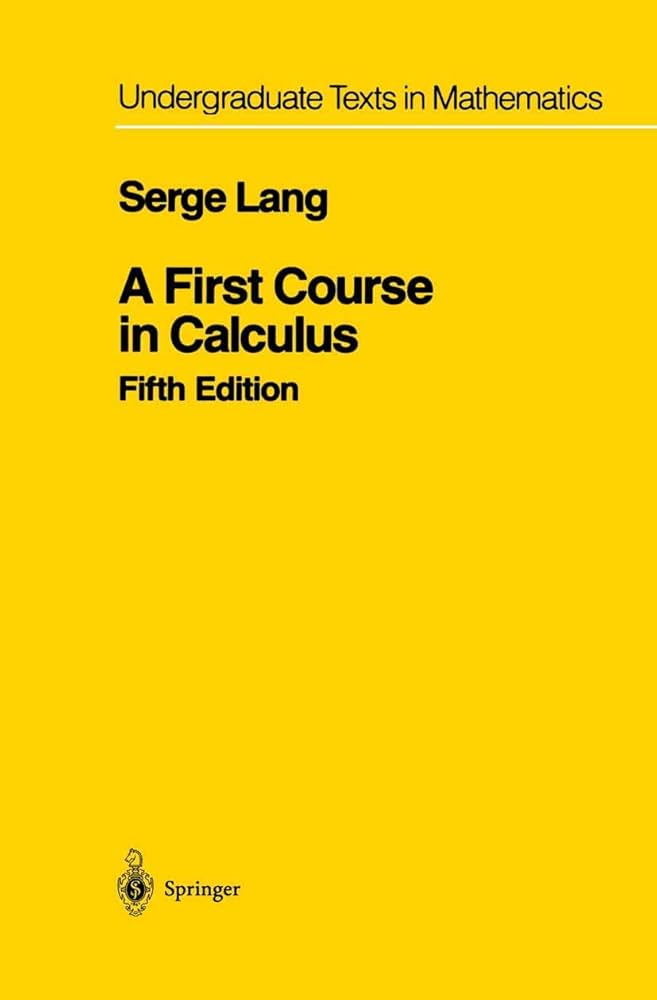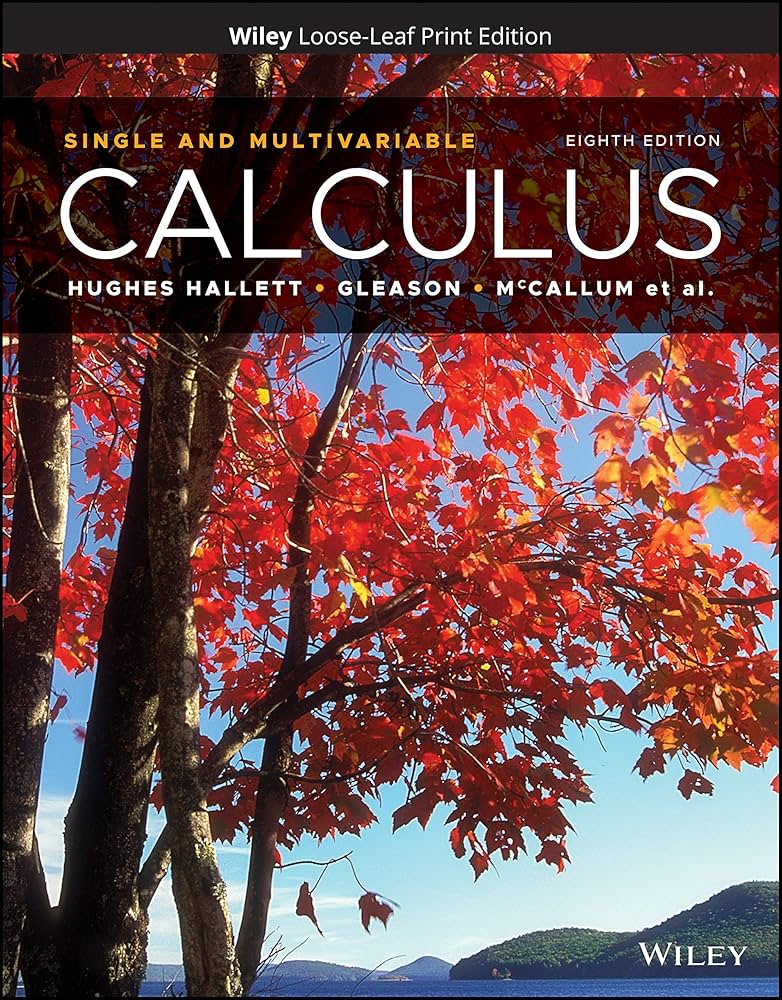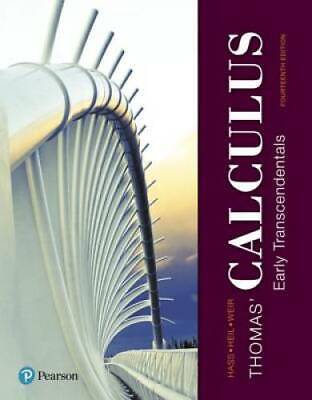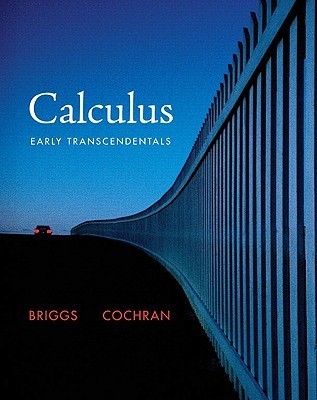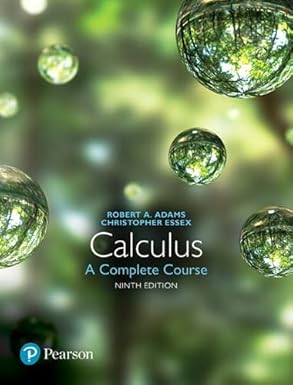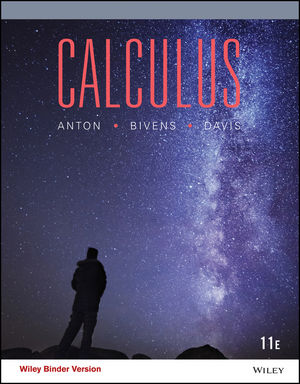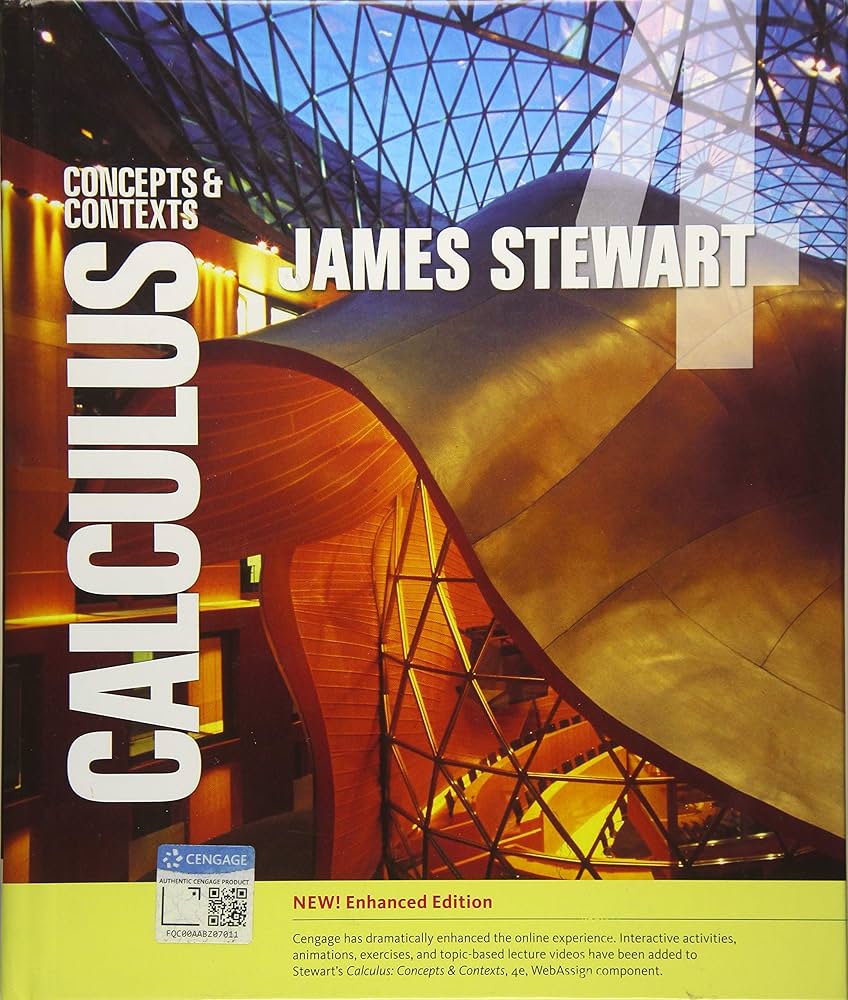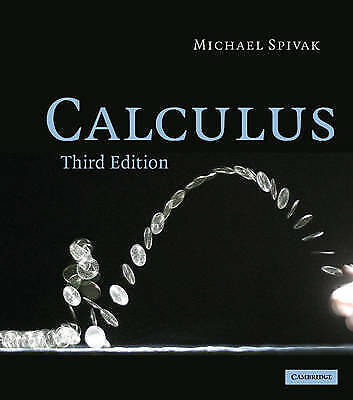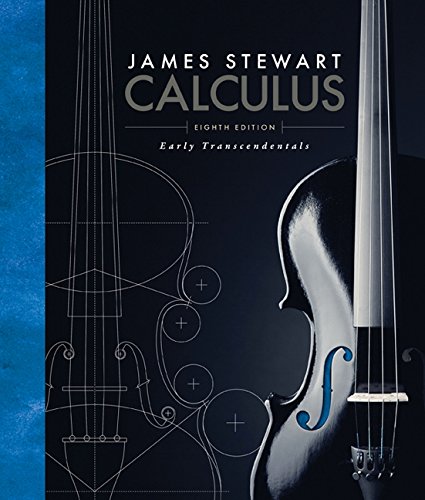Mathematics
Mathematics is one of the oldest and most fundamental academic disciplines, underpinning much of modern science and technology. It involves the study of numbers, shapes, patterns, and their relationships through abstract and applied approaches. College mathematics courses range from foundational subjects like College Algebra and Calculus to advanced topics such as Linear Algebra, Differential Equations, and Probability Theory. These courses teach students how to think logically, solve complex problems, and model real-world phenomena through equations and functions.
At the introductory level, courses like Calculus and College Algebra focus on the basics of mathematical operations and functions, which are vital for fields such as physics, engineering, economics, and computer science. Advanced topics like Number Theory and Discrete Mathematics are essential for cryptography, computer algorithms, and artificial intelligence, while Statistics plays a crucial role in fields such as data science, economics, biology, and social sciences. Mathematical Logic and Geometry delve deeper into the theoretical aspects of mathematics, exploring the structures and principles that govern logical reasoning and spatial understanding.
Mathematics is not just about numbers and equations; it’s a language of abstract thinking and problem-solving that influences a vast array of disciplines. Its applications can be seen everywhere—from the design of computer algorithms to the analysis of biological data, the prediction of economic trends, and the solving of engineering problems. Mastery of mathematics opens doors to a range of careers, including finance, data science, engineering, and academia.
